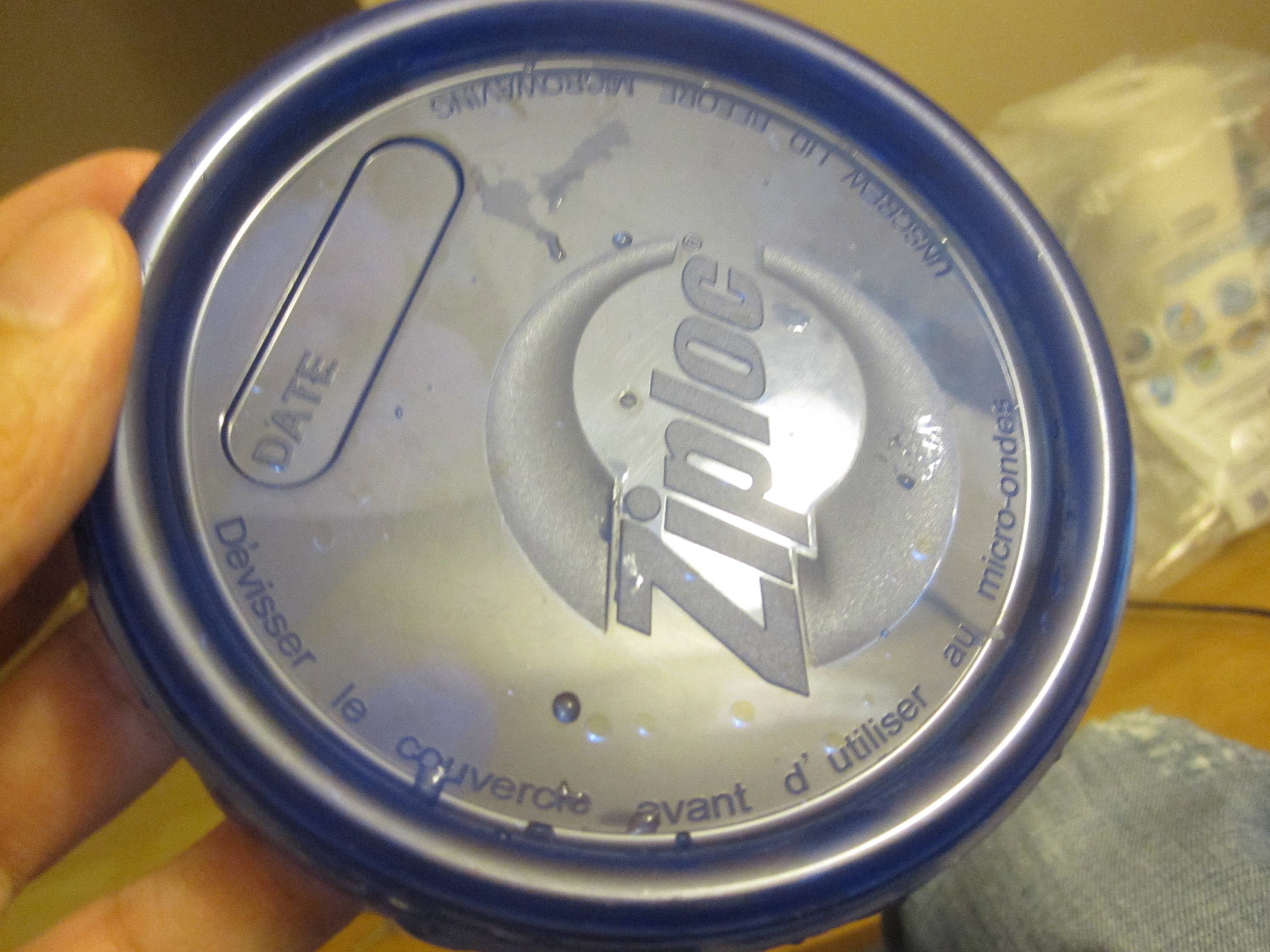The cover of my round tupperware (ie, reusable plastic food container) says the following:
UNSCREW LID BEFORE MICROWAVING
Dévisser le couvercle avant d' utiliser au micro-ondes
This brought a number of questions to my mind.
TOPIC 1: PREPOSITIONS
utiliser au micro-ondes
The wordreference page for utiliser doesn't really help me understand what prepositions can follow after "utiliser". (In fact, the example sentences only have "utiliser" followed by "pour" -- never "à"!)
I can certainly guess what "utiliser au micro-ondes" means, especially given that the English is there, too. But I would prefer to learn some grammar / principle underneath this, rather than guessing.
What meaning or "feeling" does "au micro-ondes" give? Is it one of the following?
- Is it "using at the microwave" (ie, literal word-for-word translation)?
- Is it "using in-the-manner-of-microwaving"?
- Is "utiliser à + [noun]" a set expression meaning "using with a/the/some [noun]", and wordreference was incorrect for not having an entry for it?
Why is it "au micro-ondes", instead of some other possibilities?
If I were to translate this into English, I would say "using in a microwave" ("à un micro-ondes") or "using in your microwave" ("à votre micro-ondes") or "using in microwaves" (maybe "à des micro-ondes" or "aux micro-ondes").
I don't think English would say "using in the microwave". Does French use the word "the" in a way that sounds strange in English?
How strange would it be if the lid instead said "d'utiliser dans le micro-ondes" or "d'utiliser dans un micro-ondes"?
The wordreference page for micro-ondes seems to have a different definition for "un micro-ondes" and "une micro-ondes", though I can't understand what the difference is:
Anyways, the male version says: "(four à micro-ondes)", which makes me think, what would "avant d'utiliser à micro-ondes" mean?
TOPIC 2: UNSTATED OBJECT
I learned that French often requires some kind of object, where English leaves it out:
In English: I'm going!
In French: J'y vais! ("I'm going there!")
In English: I know!
In French: Je le sais! ("I know it!")
I had come to think that French always requires this "fuller" sentence that includes the object. So I'm surprised that it's "utiliser au micro-ondes".
- Why does "utiliser" in "utiliser au micro-ondes" not require an object for "utiliser"?


